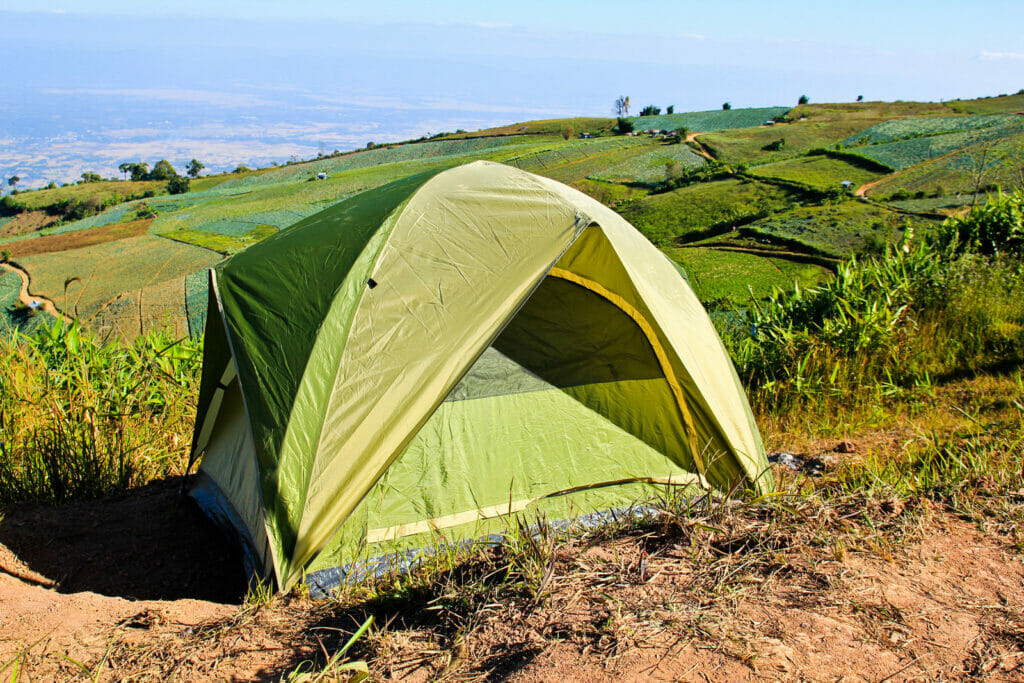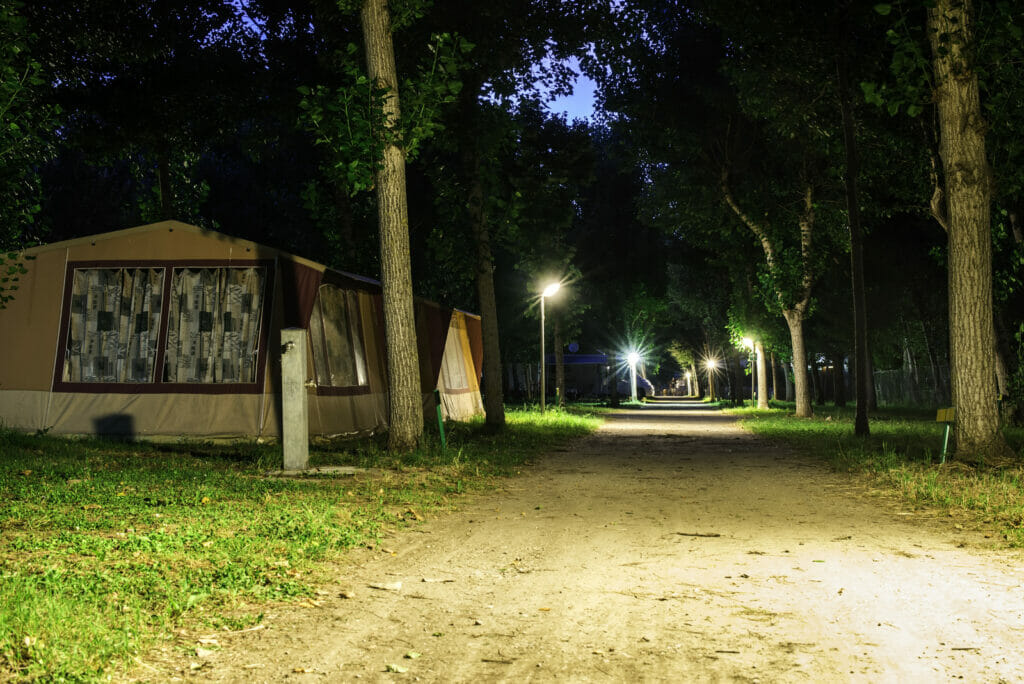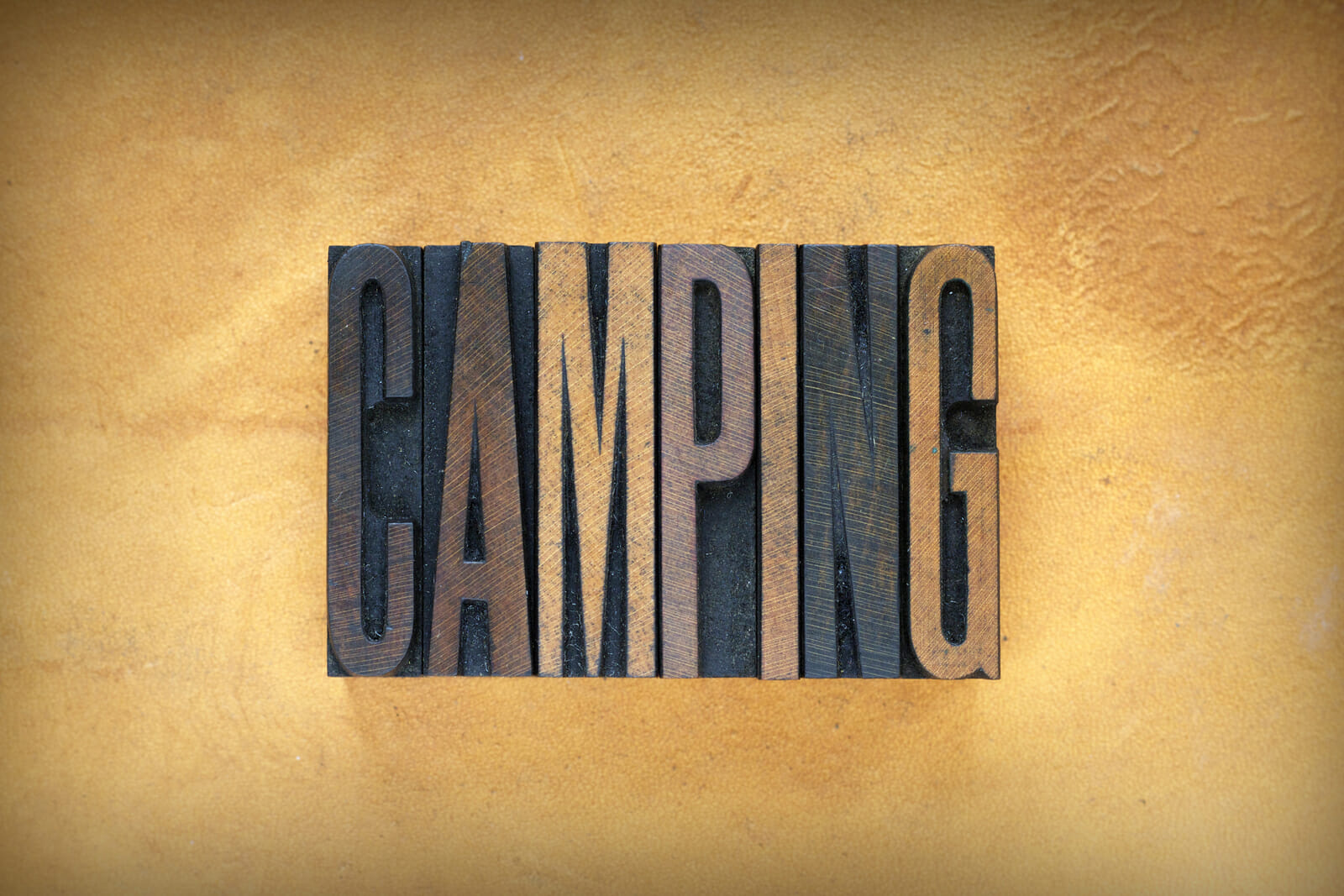Last Updated on August 30, 2023 by Mosabbir
When you hear the term “wild camping,” you might consider it to be an extreme form of camping that only the most hardcore enthusiasts would be interested in. After all, the word “wild” often connotes something chaotic, dangerous, and out-of-control.
However, wild camping is simply defined as pitching a tent in a place where camping is not otherwise allowed. While this might not sound so bad, one may wonder why is wild camping illegal in many countries.
In this blog post, we’ll explore some of the reasons why wild camping is illegal. So, read on to learn more!
The Risks Of Wild Camping And How To Mitigate Them
Some risks come along with wild camping that you should be aware of before heading out into the woods.
- The first risk to be aware of is the risk of getting lost. When you’re out in the wilderness, there are no signs or landmarks to help you orient yourself. This means that if you’re not paying attention to where you’re going, it’s easy to get turned around and lose your way back to camp.
To mitigate this risk, always bring a map and compass (or a GPS device) with you on your hike, and know how to use them before you head out. If possible, hike with someone else who knows the area well. That way, if you get lost, there will be two of you working together to find your way back.
- Another risk to be aware of is the risk of encountering wildlife. When you’re camping in a developed campground, there are usually rules about keeping food properly stored so that bears or other animals don’t come into camp looking for an easy meal.
However, when you’re wild camping, there are no such rules or protections in place. This means that if you’re not careful, you could end up sharing your camp with some unwanted visitors. To mitigate this risk, store all food and trash in bear-resistant containers (if available) or hang them from trees (at least 10 feet off the ground and 4 feet away from the trunk).
Never cook or eat near your tent – doing so will attract animals looking for an easy meal. And finally, be sure to make plenty of noise when hiking – this will scare off any animals that might lurk nearby.
- The last risk we’ll discuss is the risk of getting injured. When you’re out in the wilderness far from help, even a minor injury can become a major problem if not treated properly. To mitigate this risk, always hike with a first-aid kit and know how to use it.
It’s a good idea to have some sort of emergency communications device (e.g., a satellite phone or PLB) so that you can call for help if needed. Finally, make sure someone at home knows where you’re going and when you plan to return, that way, they can call for help if you don’t return on time.

Reasons Why Is Wild Camping Illegal:
Safety
One of the primary reasons wild camping is illegal is safety reasons. When people camp in designated areas, there are usually signs informing campers of any potential hazards in the area. These hazards could be anything from cliffs to dangerous wildlife.
However, when people camp in wilderness areas not designated for camping, they might not be aware of these potential hazards. This could lead to severe injury or even death. For example, if a camper were to set up their tent on the edge of a cliff, they could easily fall off during the night and hurt themselves badly.
Another safety concern is fire. When campers are in designated areas, there are usually fire pits or grills provided for them to use. This helps to contain the fire and prevent it from spreading into the surrounding area.
However, when people camp in wilderness areas, they often build their fires without taking these precautions. This can lead to devastating wildfires that destroy large areas of land.
Read More: Best Mini Ovens For Camping in UK
Environmental Damage
Another reason why wild camping is illegal is that it can cause damage to the environment. When campers pitch their tents in unauthorized areas, they may do so without following Leave No Trace principles.
This means that they might not take proper steps to minimize their impact on the environment, such as packing out all of their trash or disposing of human waste properly.
As a result, wild campers can inadvertently damage delicate ecosystems, which is why leaving packed-in and pack-out garbage behind is punishable by law in some countries.
Another reason wild camping is often illegal has to do with public safety. When campers set up their tents in unauthorized areas, they may do so without being aware of potential hazards in the area.
For example, they might not realize that an area is prone to flooding or that there are dangerous animals in the area. As a result, campers put themselves at risk by wild camping in these areas.
Finally, wild campers also risk damaging property when they set up their tents in unauthorized areas. For example, they might pitch their tents on someone’s private property or in a protected area such as a national park. By doing so, wild campers put themselves at risk of being fined or even arrested for trespassing or damaging property.
Privacy Concerns
Another reason wild camping is frowned upon is that it can intrude on other people’s privacy. When people are camping in designated areas, they are usually doing so with other people around them.
However, when people camp in wilderness areas, they might intrude on other people’s property without them knowing it. This can be very disruptive and even dangerous if the property owner doesn’t know that there are strangers on their land.
It can also be disruptive for animals who live in these areas. When animals are constantly being disturbed by humans, it can disrupt their natural patterns and habits. This can harm their populations and even lead to extinction.
Read More: Caravan Security Tips- How to Prevent Your Caravan From Being Stolen

The Consequences Of Camping Illegally
There are several consequences associated with camping illegally, ranging from minor fines to jail time. Here are the most common consequences of illegal camping.
Fines
One of the most common consequences of illegal camping is receiving a fine. The amount of the fine will depend on the jurisdiction in which you’re caught camping illegally.
Sometimes, you may only be required to pay a small fine, but in others, the fine may be much more substantial. If you’re caught camping illegally on federal land, you could look at a fine of up to $5,000!
Jail Time
In some extreme cases, illegal campers may even be sentenced to jail time. This is typically reserved for repeat offenders or those who have caused important damage by camping illegally.
For example, if you’re caught setting up camp in an environmentally sensitive area and damaging vegetation, you could look at some serious jail time.
Read More: Can You Have a Washing Machine in a Caravan?
Conclusion
Despite the illegality of wild camping in some areas, it can be a great way to get back to nature and explore new places.
If you’re careful and respectful of your surroundings, there’s no reason you can’t have an amazing camping experience breaking any laws. Just make sure you know where you can and can’t camp before setting out on your next outdoor adventure!
